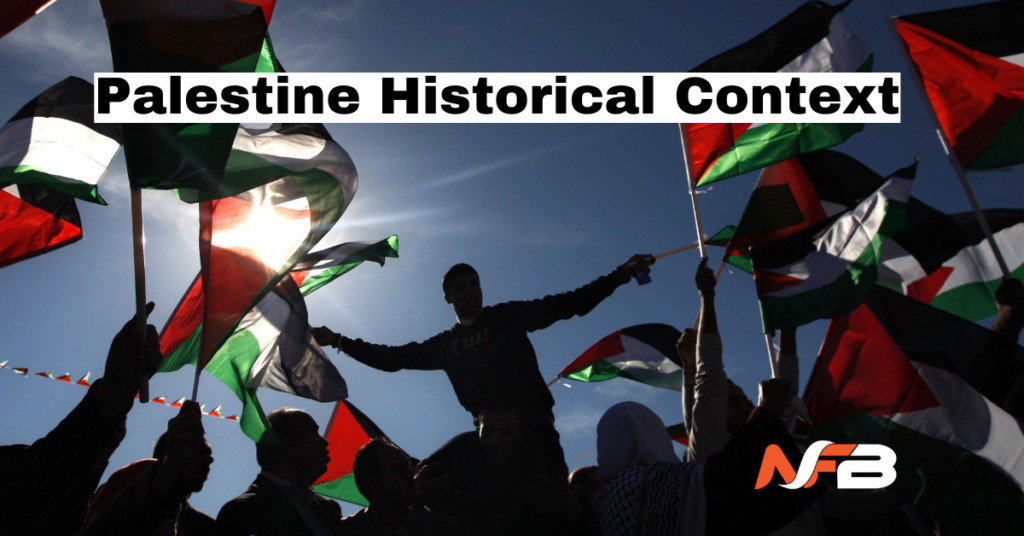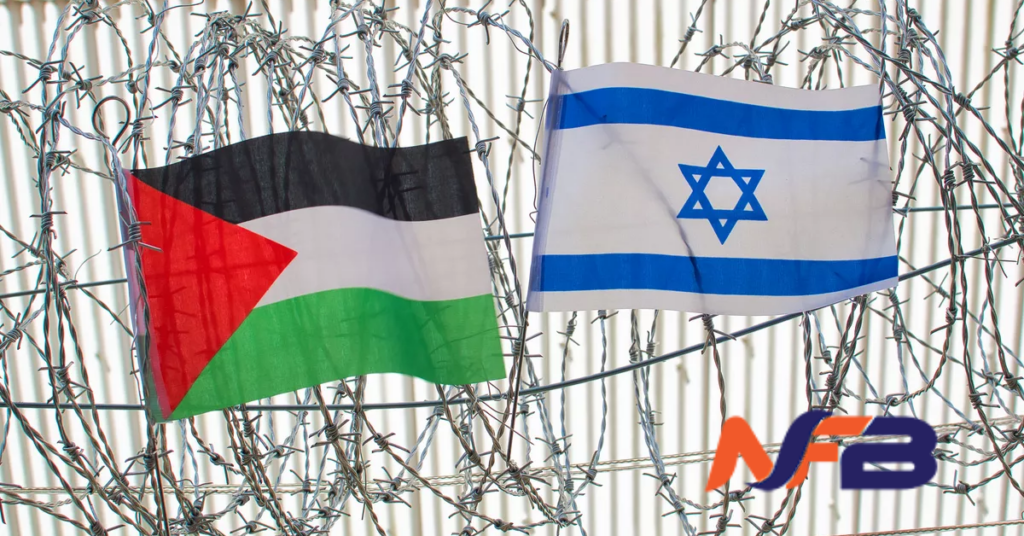Introduction
In 2024, the situation in Palestine remains complex and multifaceted, marked by ongoing political tensions, socio-economic challenges, and efforts towards peace and stability. Understanding the dynamics within Palestine requires a nuanced examination of its history, politics, society, and international relations. In this comprehensive guide, we delve into the various aspects of Palestine’s current landscape to provide insight into the realities faced by its people and the broader implications for regional and global dynamics.
Historical Context

The history of Palestine is deeply rooted in centuries of cultural, religious, and political significance. From ancient times to the modern era, Palestine has been a crossroads of civilizations, witnessing the rise and fall of empires, the emergence of monotheistic religions, and the struggles for self-determination. The significance of Jerusalem, with its religious importance to Muslims, Jews, and Christians alike, underscores the complexities inherent in the Palestinian-Israeli conflict.
The Palestinian-Israeli Conflict
At the heart of the Palestinian narrative lies the enduring conflict with Israel, which has shaped the socio-political landscape of the region for decades. The conflict stems from competing claims to territory, historical grievances, and divergent visions for the future. The establishment of the State of Israel in 1948, known to Palestinians as the Nakba or “catastrophe,” resulted in the displacement of hundreds of thousands of Palestinians, leading to decades of displacement, occupation, and resistance.
Socio-Economic Challenges
Beyond the political dimensions, Palestinians grapple with profound socio-economic challenges that impact every aspect of daily life. High unemployment rates, limited access to basic services such as healthcare and education, and restricted mobility due to checkpoints and barriers imposed by Israeli authorities contribute to widespread poverty and inequality. The blockade of Gaza exacerbates humanitarian conditions, with severe shortages of essential resources and infrastructure.
Human Rights and International Law
The question of human rights and international law looms large in the Palestinian context, as the violation of rights and freedoms remains a persistent concern. The expansion of Israeli settlements in the occupied territories, the construction of the separation barrier, and the use of force against civilians have drawn condemnation from the international community and raised fundamental questions about accountability and justice.
Read Also:- Great Western Buildings Lawsuit
Diplomatic Efforts and Peace Initiatives

Despite the enduring challenges, efforts towards a peaceful resolution persist through diplomatic channels and international initiatives. The two-state solution, which envisions the coexistence of Israel and Palestine within secure and recognized borders, remains a focal point of diplomatic efforts. However, the path to a negotiated settlement is fraught with obstacles, including divergent interpretations of key issues such as borders, security, refugees, and Jerusalem.
Regional Dynamics
The broader regional dynamics also influence the trajectory of the Palestinian-Israeli conflict, with regional powers and geopolitical interests shaping the landscape of the Middle East. The normalization agreements between Israel and some Arab states, while hailed as a diplomatic breakthrough, have sparked controversy within the Arab world and raised questions about the future of Arab solidarity with the Palestinian cause.
Role of the International Community
The role of the international community in addressing the Palestinian-Israeli conflict is pivotal, with various stakeholders advocating for peace, justice, and human rights. International organizations, non-governmental organizations (NGOs), and civil society groups play a crucial role in providing humanitarian assistance, monitoring human rights violations, and promoting dialogue and reconciliation.
Read Also:- Taiwan Self-Driving Gharry
Final Thoughts
In conclusion, the situation in Palestine in 2024 reflects a complex interplay of historical, political, socio-economic, and humanitarian factors. The quest for peace and justice remains elusive, yet the resilience and determination of the Palestinian people endure amid adversity. As the international community continues to engage with the Palestinian-Israeli conflict, it is imperative to uphold the principles of human rights, international law, and mutual respect in pursuit of a just and lasting resolution. Only through genuine dialogue, empathy, and compromise can the aspirations of Palestinians and Israelis for a secure and prosperous future be realized.
Frequently Asked Questions (FAQs)
Q: What is the Palestinian-Israeli conflict?
A: The Palestinian-Israeli conflict refers to the ongoing struggle between Israelis and Palestinians over land, borders, sovereignty, and political rights in the region historically known as Palestine.
Q: Why is Jerusalem important in the Palestinian-Israeli conflict?
A: Jerusalem holds religious significance for Muslims, Jews, and Christians, making it a focal point of contention in the conflict. Both Israelis and Palestinians claim Jerusalem as their capital, leading to disputes over control and sovereignty.
Q: What is the two-state solution?
A: The two-state solution proposes the establishment of an independent Palestinian state alongside Israel, with defined borders and shared control over Jerusalem. It remains a widely discussed but elusive framework for resolving the conflict.















Leave a Reply